

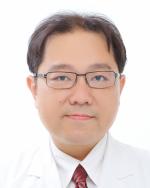
Theme
3II International
INSTITUTION
Department of Medical Education,Chang Gung Memorial Hospital, Chang Gung University, Taipei, Taiwan
Chang Gung Memorial Hospital , Pulmonary and critical care medicine , Kaohsiung, Taiwan

To evaluate and describe the faculty development workshops which used of TOTR (Teaching On The Run) base from Australia in four hospitals at Taiwan.
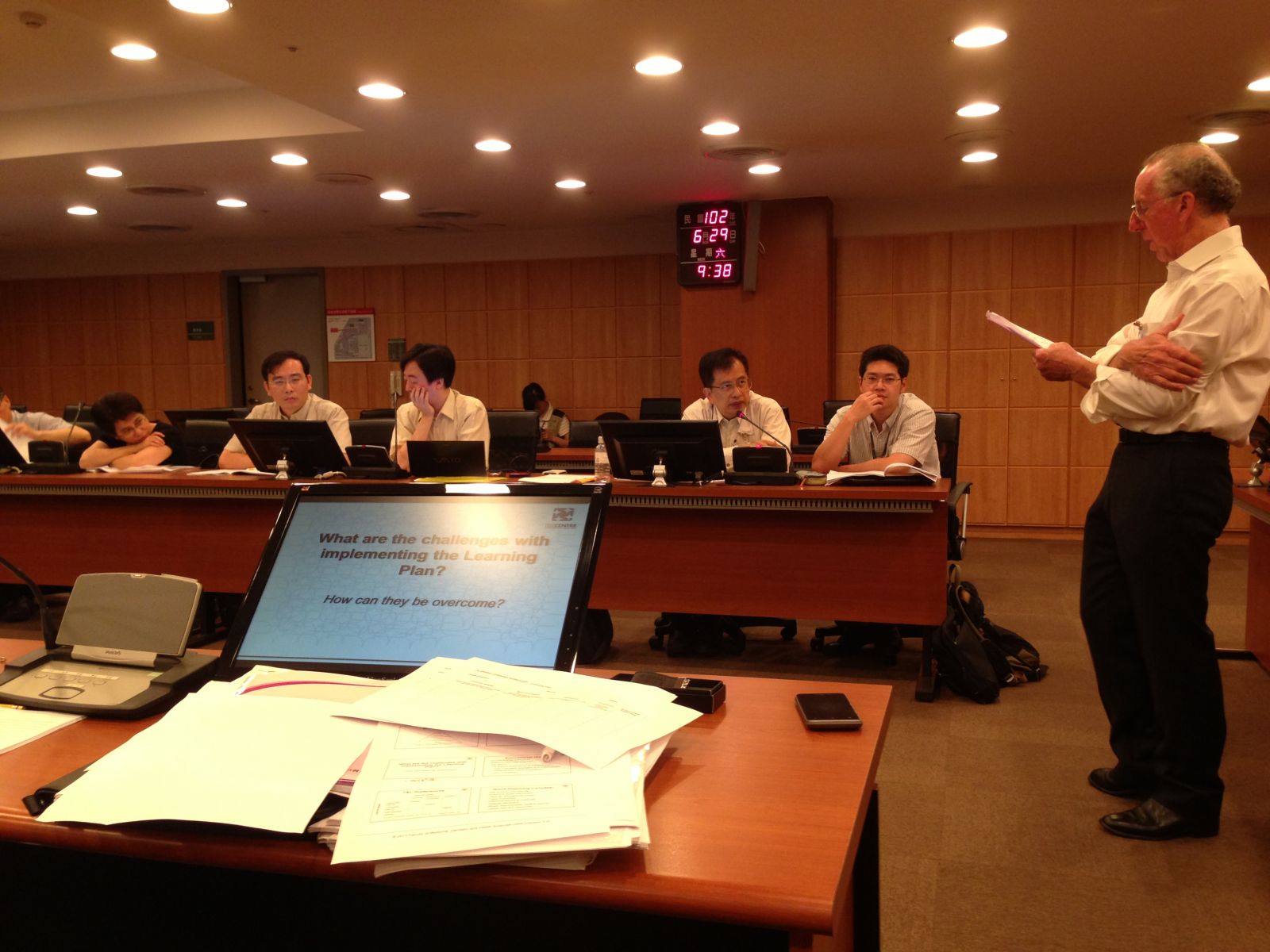
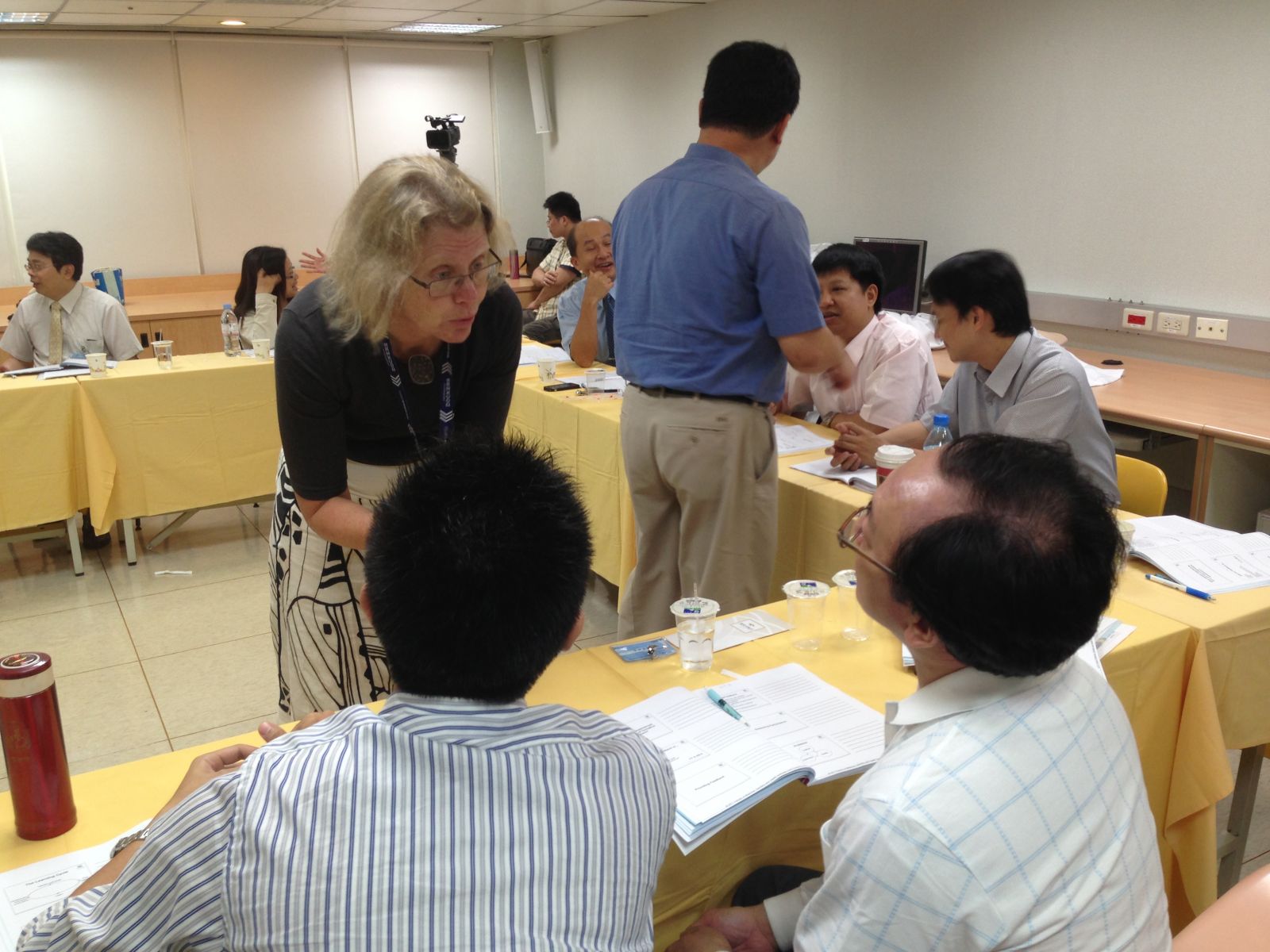
Two clinical teachers from Taiwan participated a TOTR workshop in Australia.
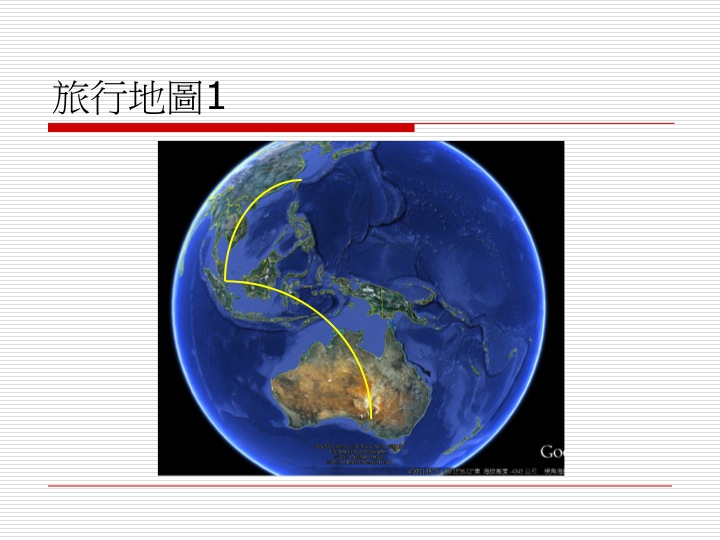
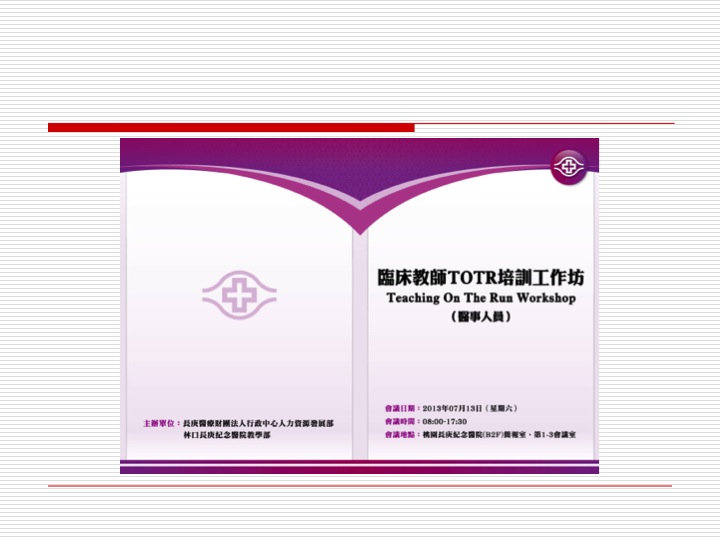
First stage, six faculty development workshops adapted from TOTR were held on four hospitals at Taiwan.
117 Taiwan clinical teachers participated in these workshops (2013/11).
Six workshops included first two invited facilitators from Australia using English,
the other 4 workshops used Chinese by Taiwan facilitators.
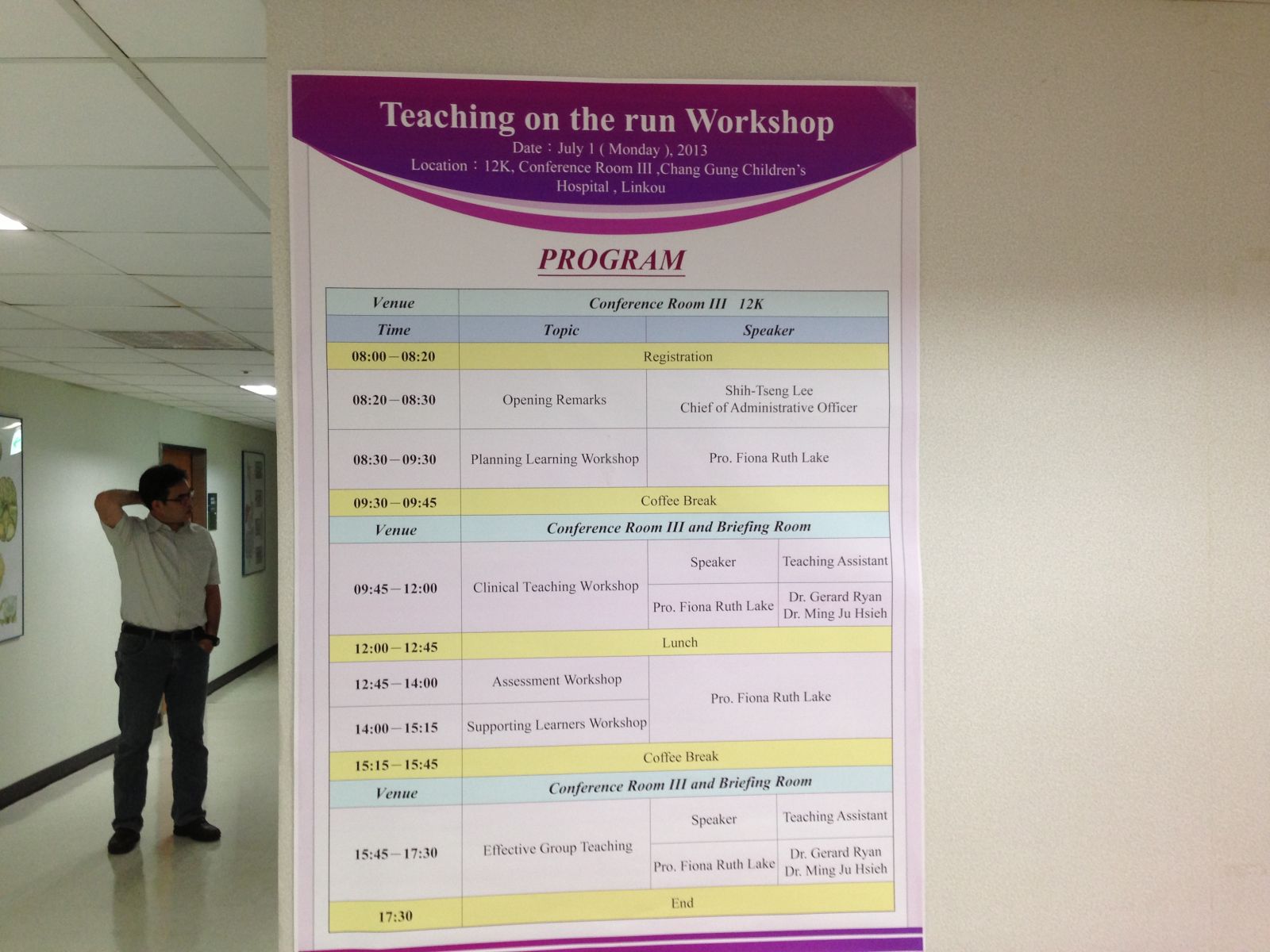
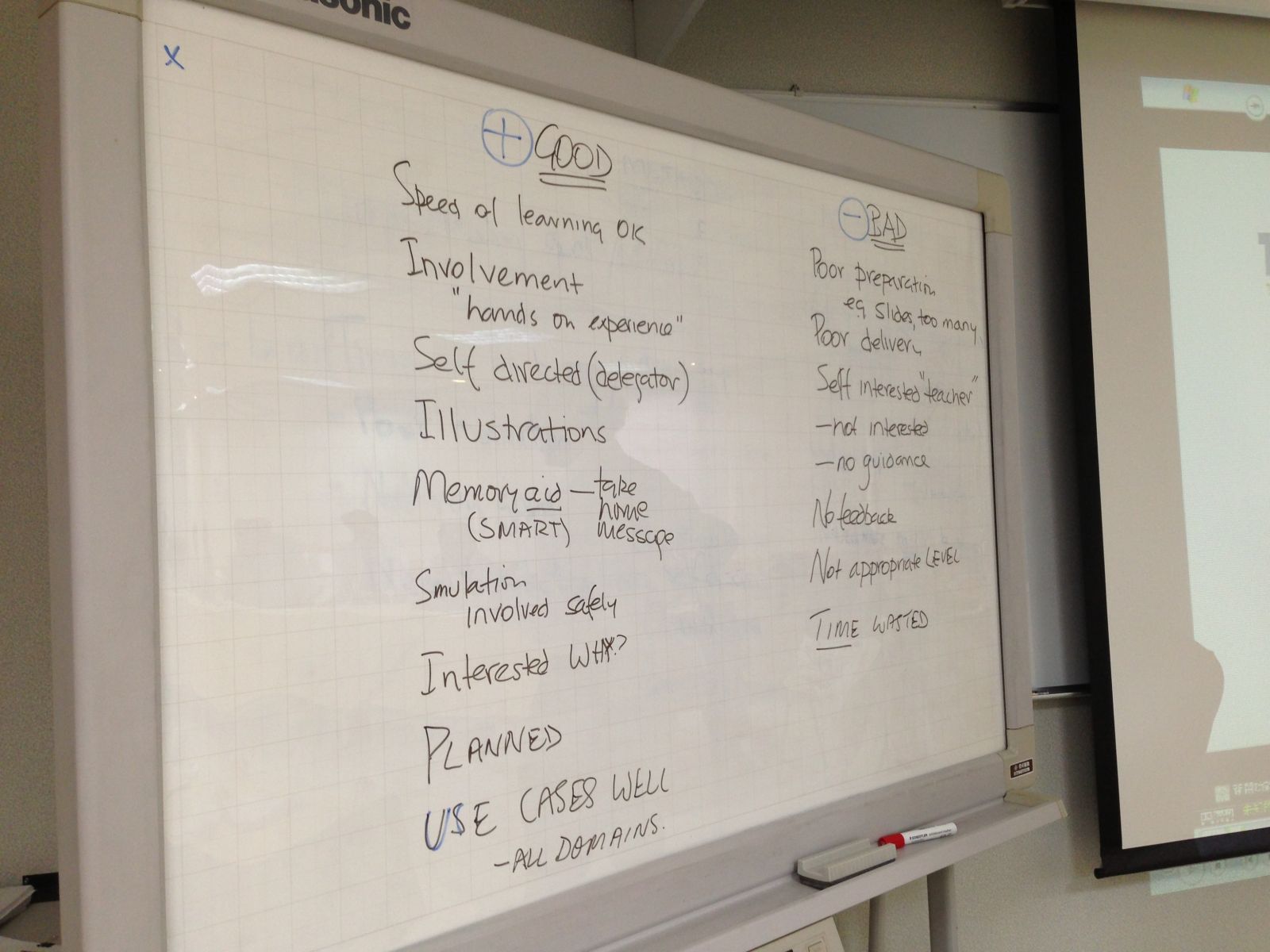
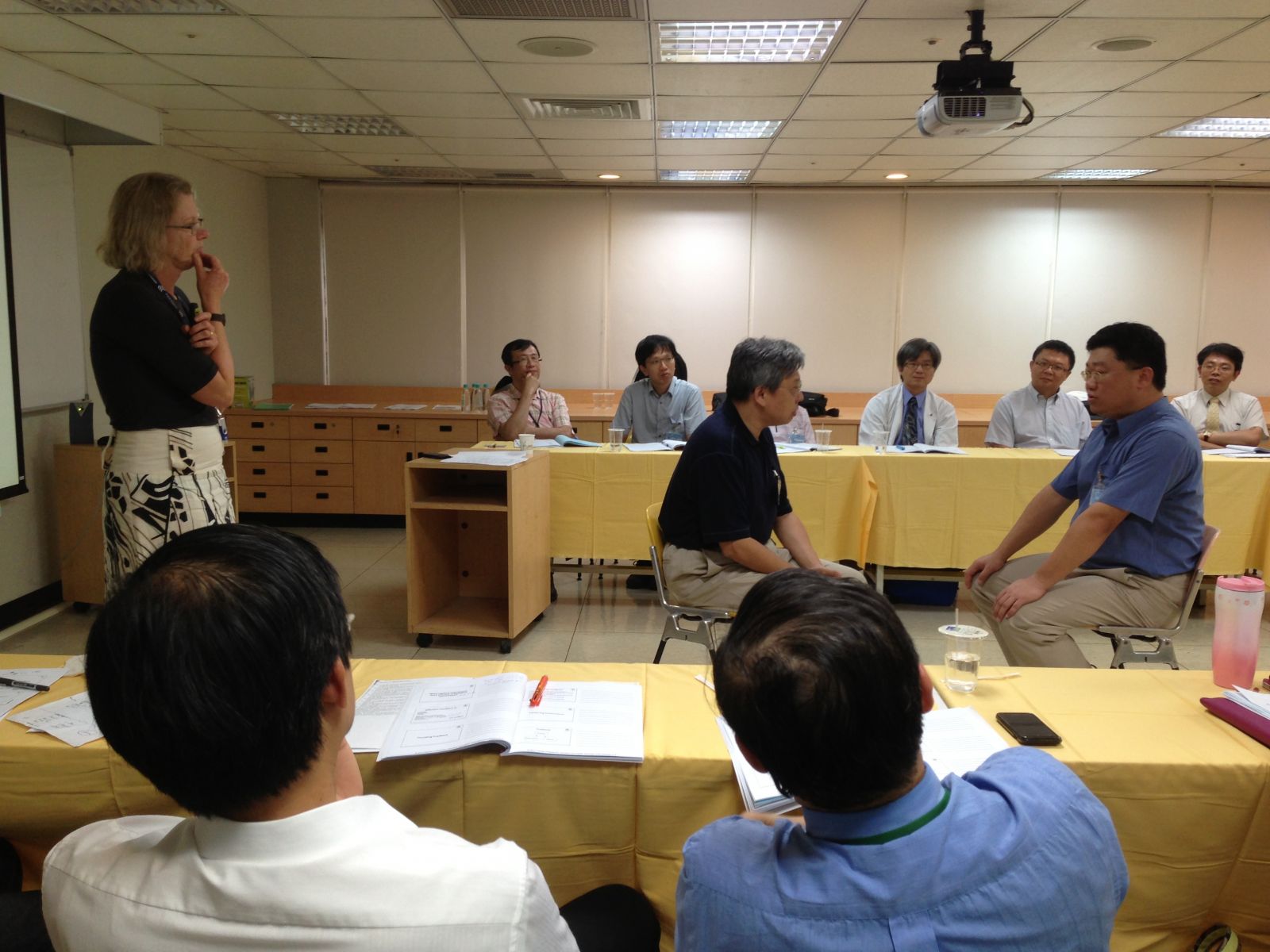
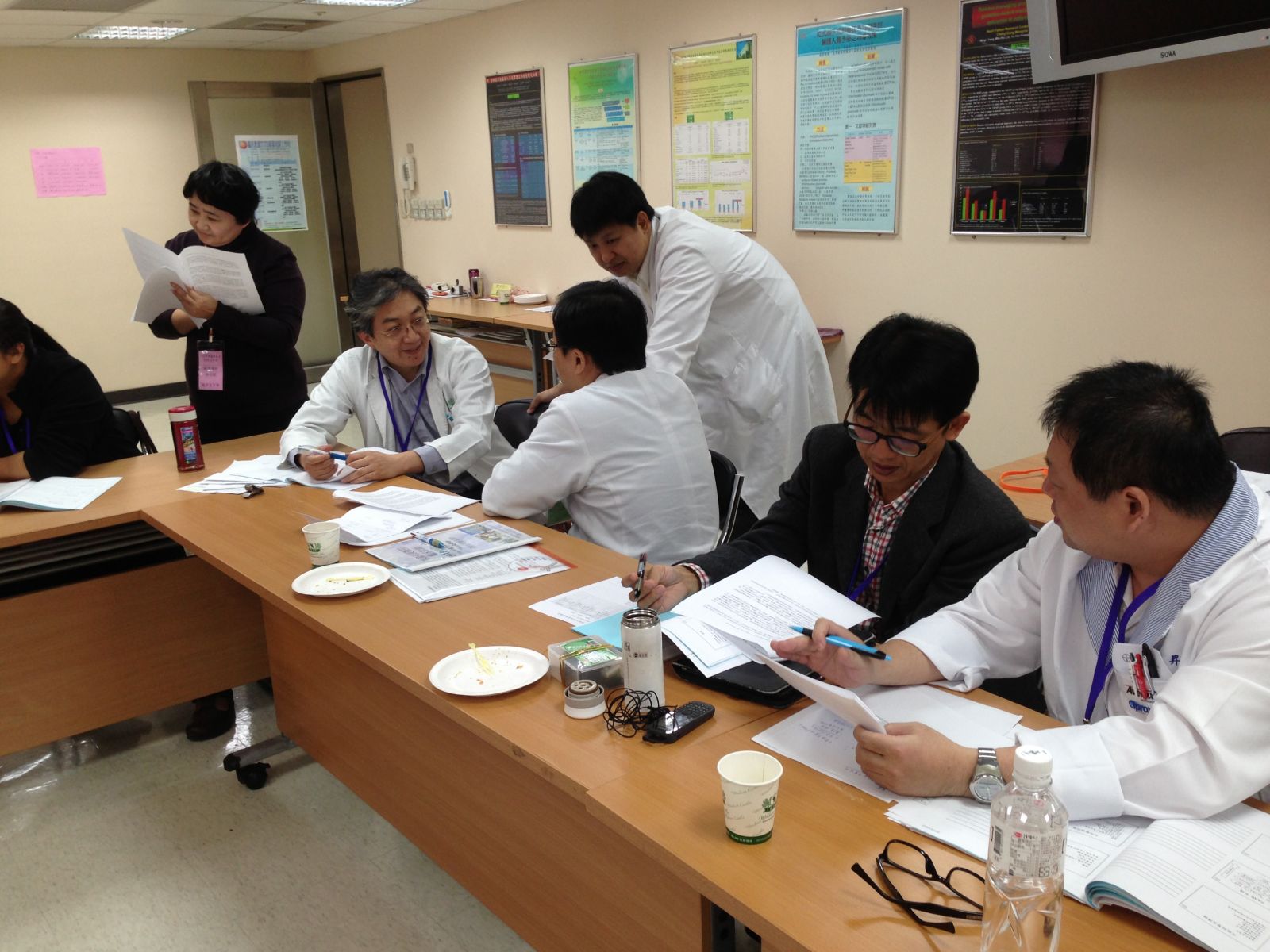
First stage(2013/02/01~2013/11), a total of 117 participants attended the workshop and all completed questionnaires. Participants rated the workshop highly and found it a valuable learning experience. Compare with English version and Chinese version workshop post-course questionnaire, participations rated 93.80% satisfaction to teacher in English workshops and 93.03% in Chinese workshops. Participations rated 85.80% satisfaction to pre-workshop E-learning material (from TELL Centre website, Australia) in English workshops and 82.00% (adapt version from CGMH website) in Chinese workshops. They also rated 91.92% overall satisfaction to English workshops and 91.18% to Chinese workshops. The observation between Australia and Taiwan workshops were also recorded and compared.
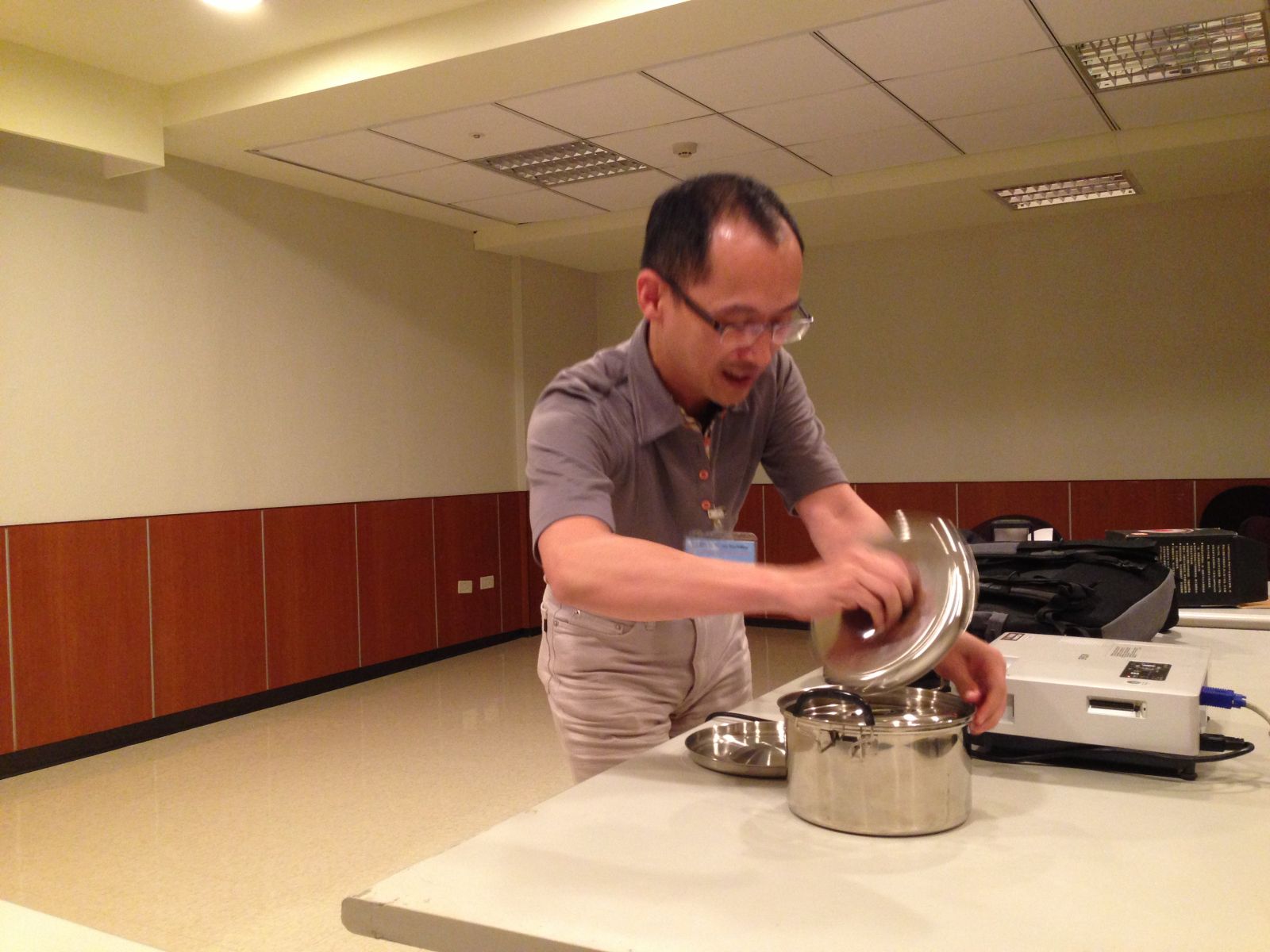
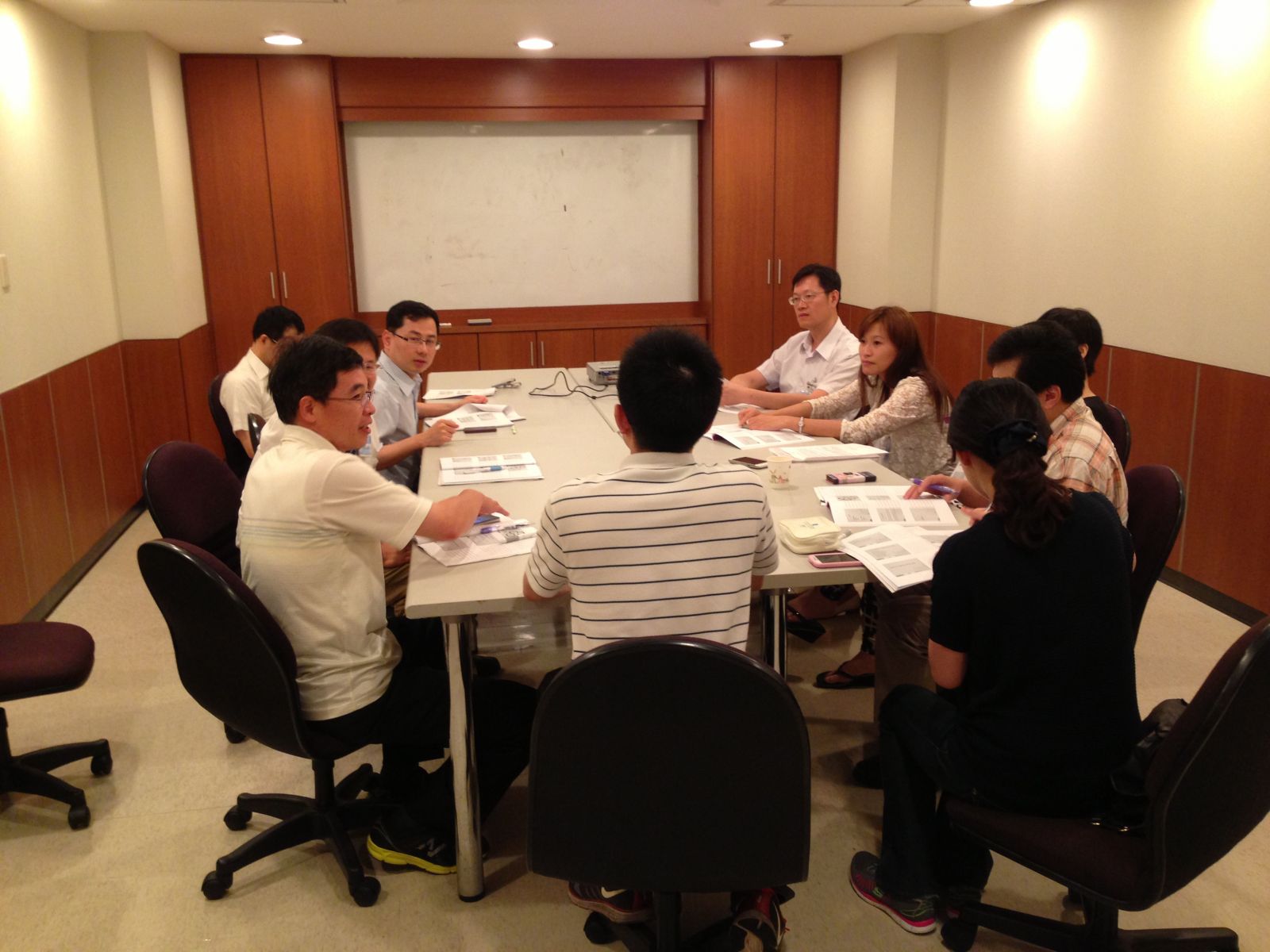
After 9 workshops of TOTR completed (2014/05), 178 trainees finished these training program.
Another questionnaire by email 3 months after the workshop was designed for evaluation their application and long term satisfactory of TOTR workshop.
The questionnaire via email 3 months after the workshop was designed for evaluation their application and long term satisfactory of TOTR workshop. 178 email were send and 173 effective sample were collected and analyzed as below:
| ** |
Is pre-workshop studying mateials helpful? |
Did you learn the objective from the TOTR workshop? | Did you engage in the workshop? | Did you enjoy and elaborate in the workshop? |
| Strongly disagree | 0 | 0 | 1 | 0 |
| Disagree | 5 | 0 | 1 | 3 |
| Neutral | 12 | 12 | 11 | 20 |
| Agree | 92 | 96 | 97 | 99 |
| Strongly agree | 64 | 65 | 63 | 52 |
| 90.17% | 93.06% | 92.48% | 86.70% |
Table 2. Did participants enjoy and elaborate in each topics of TOTR workshop?
| ** | Planning learning | Clinical teaching | Assessment | Supporting learners | Effective group teaching |
| Strongly disagree | 0 | 0 | 0 | 0 | 0 |
| Disagree | 1 | 1 | 2 | 1 | 2 |
| Neutral | 19 | 13 | 18 | 14 | 14 |
| Agree | 84 | 94 | 102 | 99 | 96 |
| Strongly agree | 69 | 65 | 51 | 59 | 61 |
| 88.4% | 91.9% | 88.4% | 91.3% | 89.8% |
Table 3. The learning outcome: application of TOTR, 3 months after workshop
| ** | Planning learning | Clinical teaching | Assessment | Supporting learners | Effective group teaching |
|
Never using |
14 | 10 | 14 | 12 | 27 |
| 1~2 times | 55 | 26 | 29 | 30 | 43 |
| 3~5 times | 73 | 86 | 86 | 88 | 69 |
| 5~10 times | 20 | 35 | 32 | 31 | 27 |
| >10 times | 11 | 16 | 12 | 11 | 7 |
| 60.1% | 79.19% | 75.14% | 75.14% | 59.53% |
We found the participants from Taiwan were more passive in pre-workshop E-learning but presented microteaching skills well equally in two groups. Taiwan participants were less active and less inquisitive. They gave post-workshop rating and comments more politely and less critically. Because the culture difference between Australia and Taiwan, we should make several adjustments of TOTR workshops. First, early and frequent notifications to participants before the workshop should be considered. Second, facilitators of workshop should make more efforts to encourage Taiwan participants to more active. Third, the critiques and critical comments from participants should be more emphasized and welcomed in the workshop at Taiwan.
Several adjustments should be made of TOTR workshops in Taiwan.
- Hesketh EA, Bagnall G, Buckley EG, et al. A framework for developing excellence as a clinical educator. Medical Education 2001; 35:555–64.
- Bahar-ozvaris, Sevkat ; Aslan, Dilek ; Sahin-hodoglugil, Nalan ; Sayek, Iskender. A Faculty Development Program Evaluation: From Needs Assessment to Long-Term Effects, of the Teaching Skills Improvement Program Teaching and Learning in Medicine, 2004, Vol.16(4), p.368-375
- Gelula, Mark H ; Yudkowsky, Rachel. Using standardised students in faculty development workshops to improve clinical teaching skills. Medical Education, 2003, Vol.37(7), pp.621-629
- Wilkerson L, Irby DM. Strategies for improving teaching practices: A comprehensive approach to faculty development. Academic Medicine1998;73:387–96.
- Lagowski, J. J. Faculty development and evaluation. Journal of Chemical Education, 1981, Vol.58(7), pp.525
- Amin, Zubair ; Hoon Eng, Khoo ; Chay Hoon, Tan. A novel approach to faculty development programme evaluation. Medical Education, 2004, Vol.38(11), pp.1187-1188
- Ebert-May, D ; Derting, TL ; Hodder, J ; Momsen, JL ; Long, TM ; Jardeleza, SE. What We Say Is Not What We Do: Effective Evaluation of Faculty Professional Development Programs. Bioscience, 2011, Vol.61(7), pp.550-558
- Lake FR. Teaching on the run tips: Doctors as Teachers. Med J Aust 2004; 180:415-416.
- Vince, Russ. Behind and Beyond Kolb's Learning Cycle. Journal of Management Education, 1998, Vol.22(3), p.304-19
- Kolb, D (1984). Experiential learning. Englewood Cliffs, NJ: Prentice Hall.
- Taylor, David C M ; Hamdy, Hossam. Adult learning theories: implications for learning and teaching in medical education: AMEE Guide No. 83 Medical teacher, 2013, Vol.35(11), pp.e1561-72
- Sawada D, Piburn MD, Judson E, Turley J, Falconer K, Benford R, Bloom I. 2002 Measuring reformed practices in science and mathematics classroom: The Refored Teaching Observation Protocol. School Science and Mathematics 102: 245-253.
 Send Email
Send Email